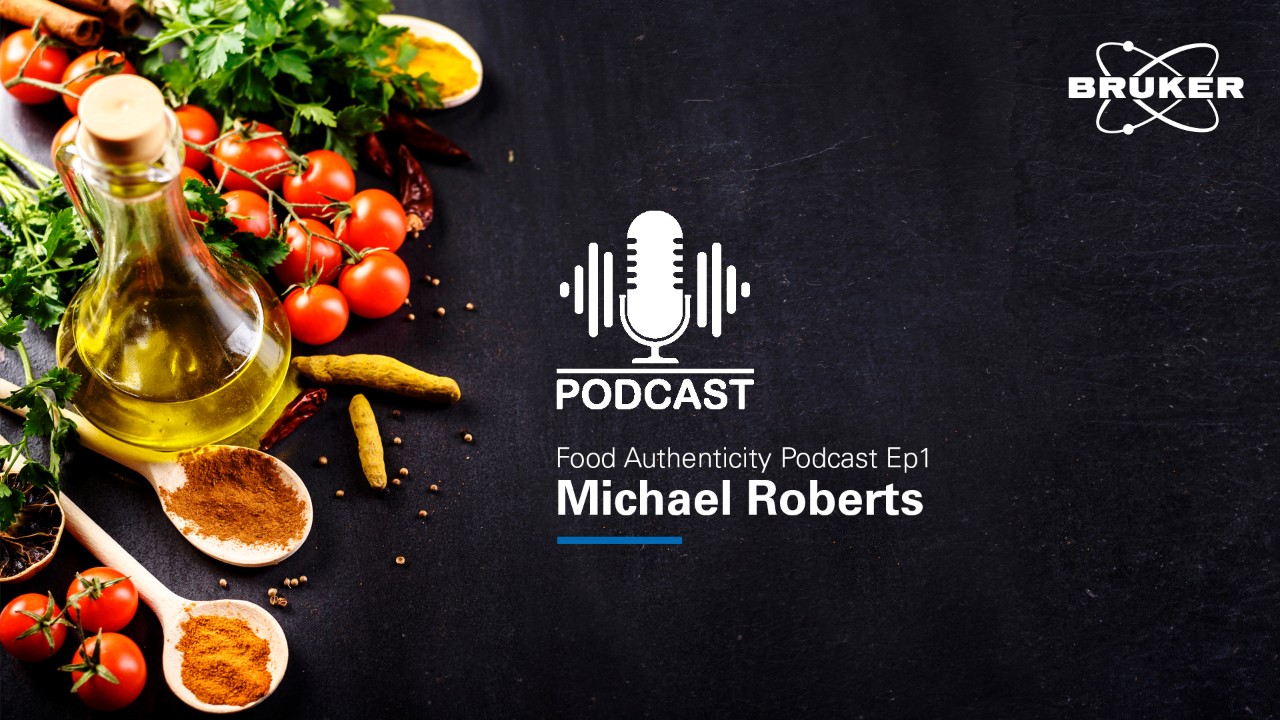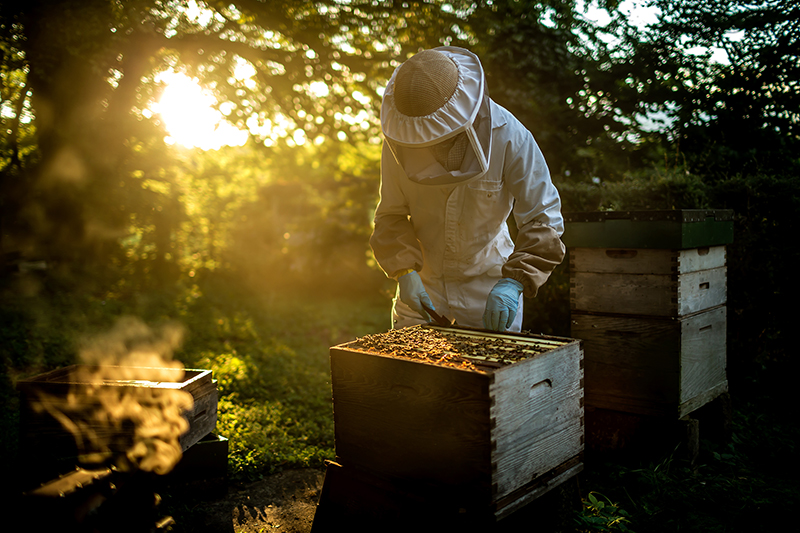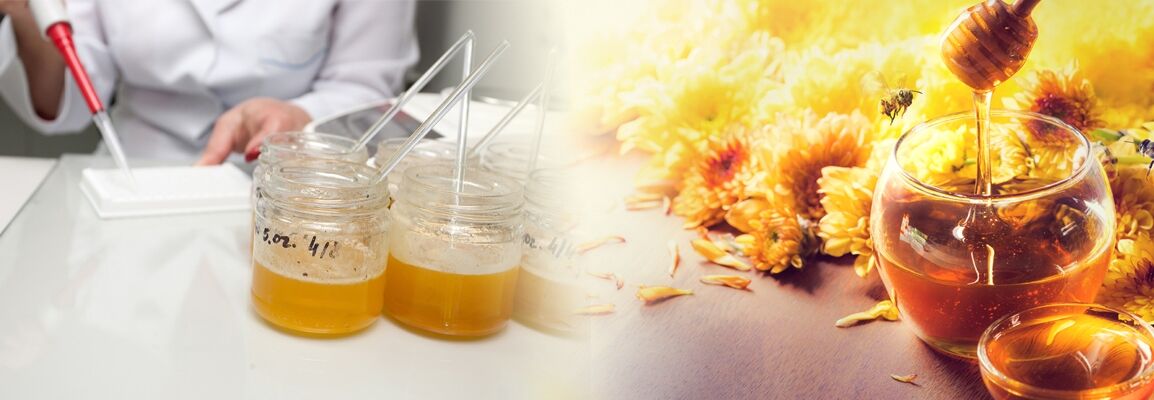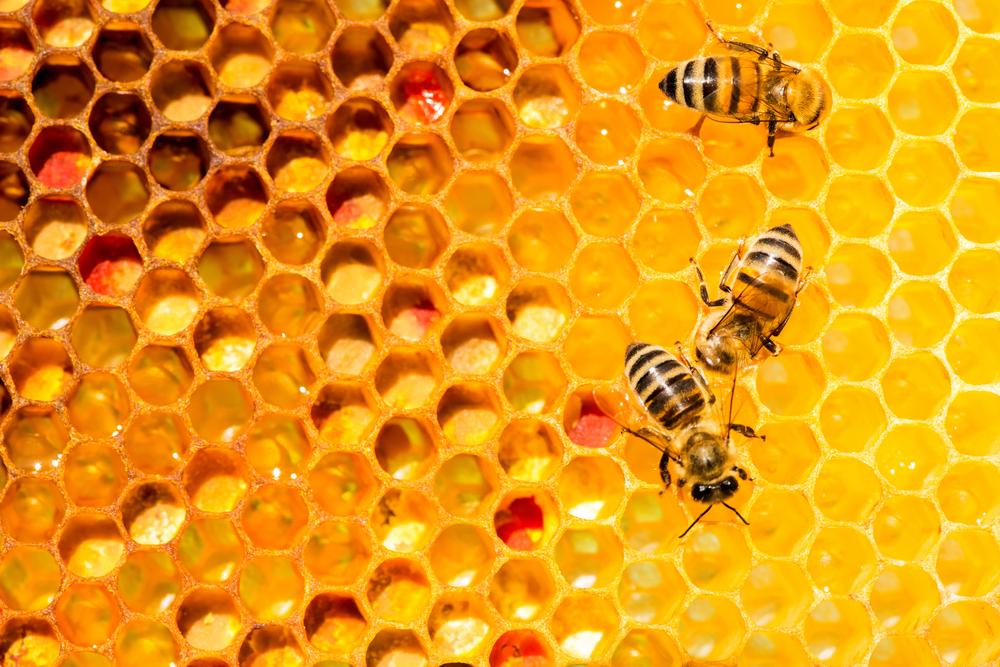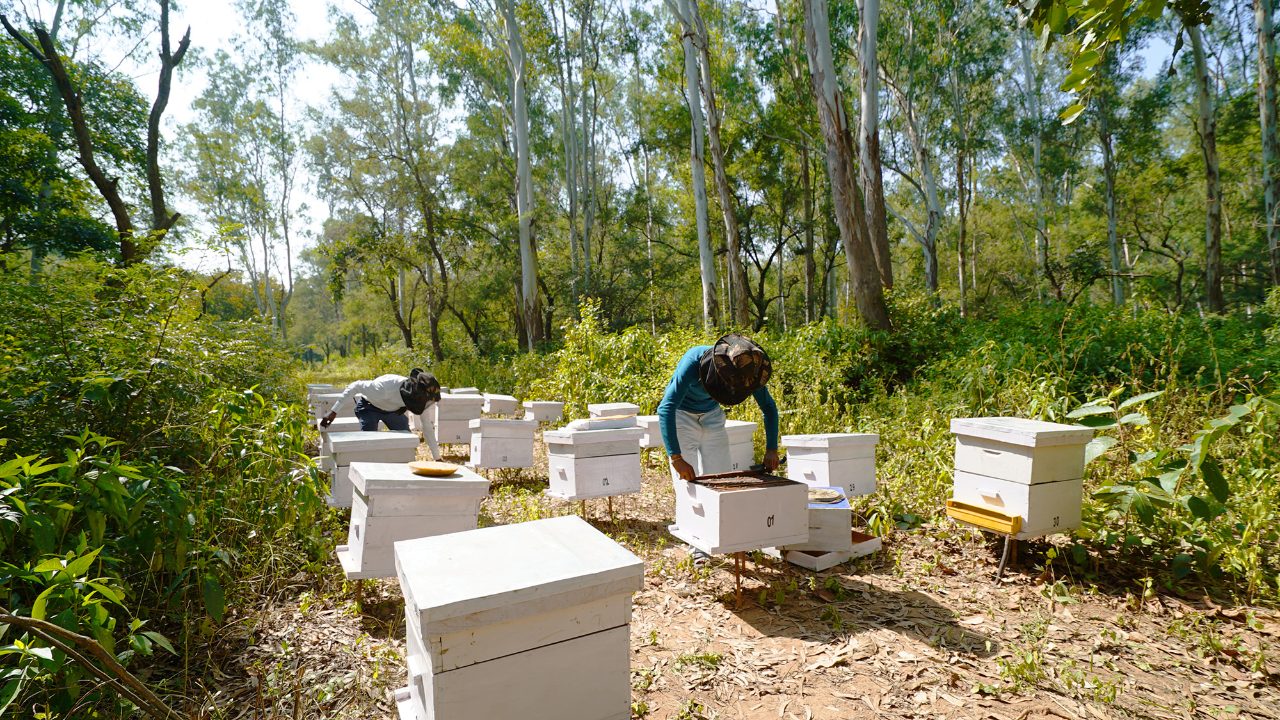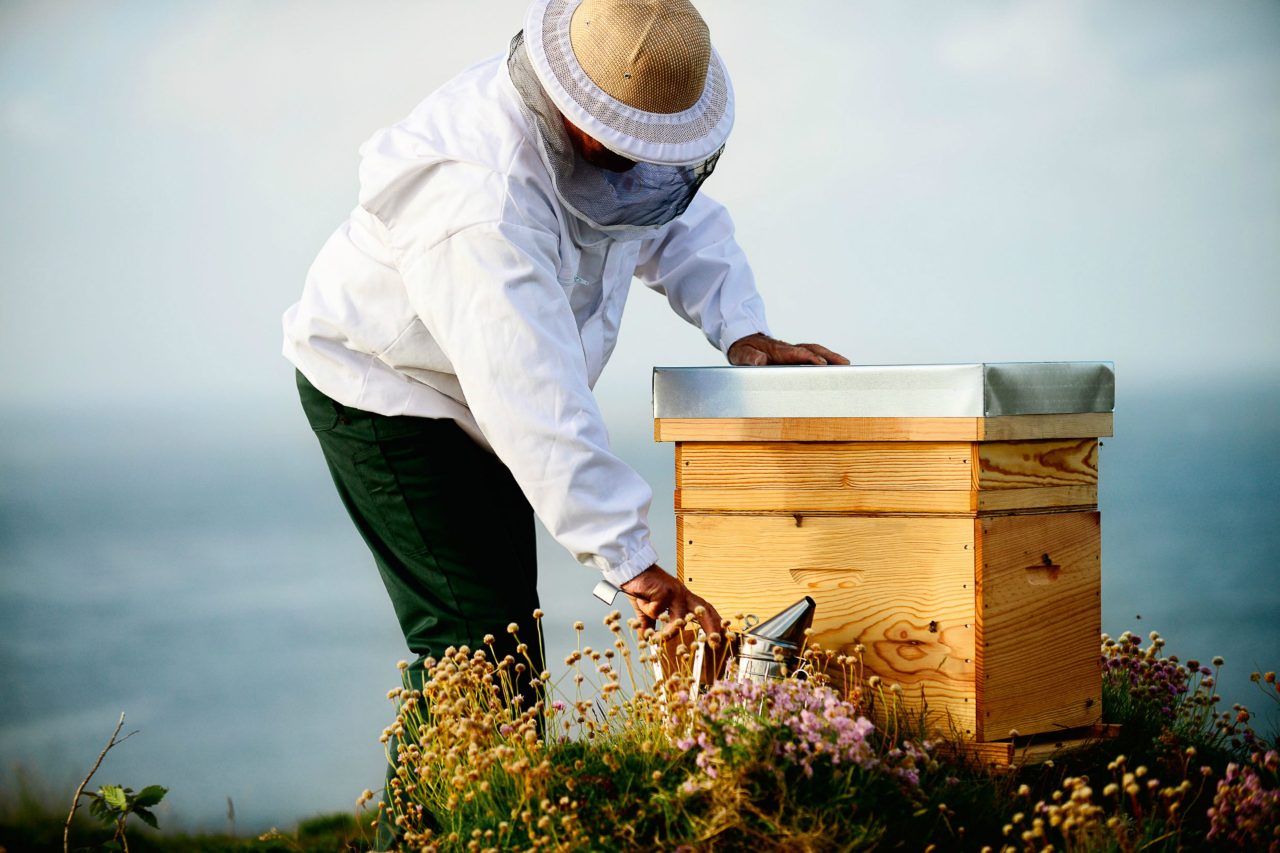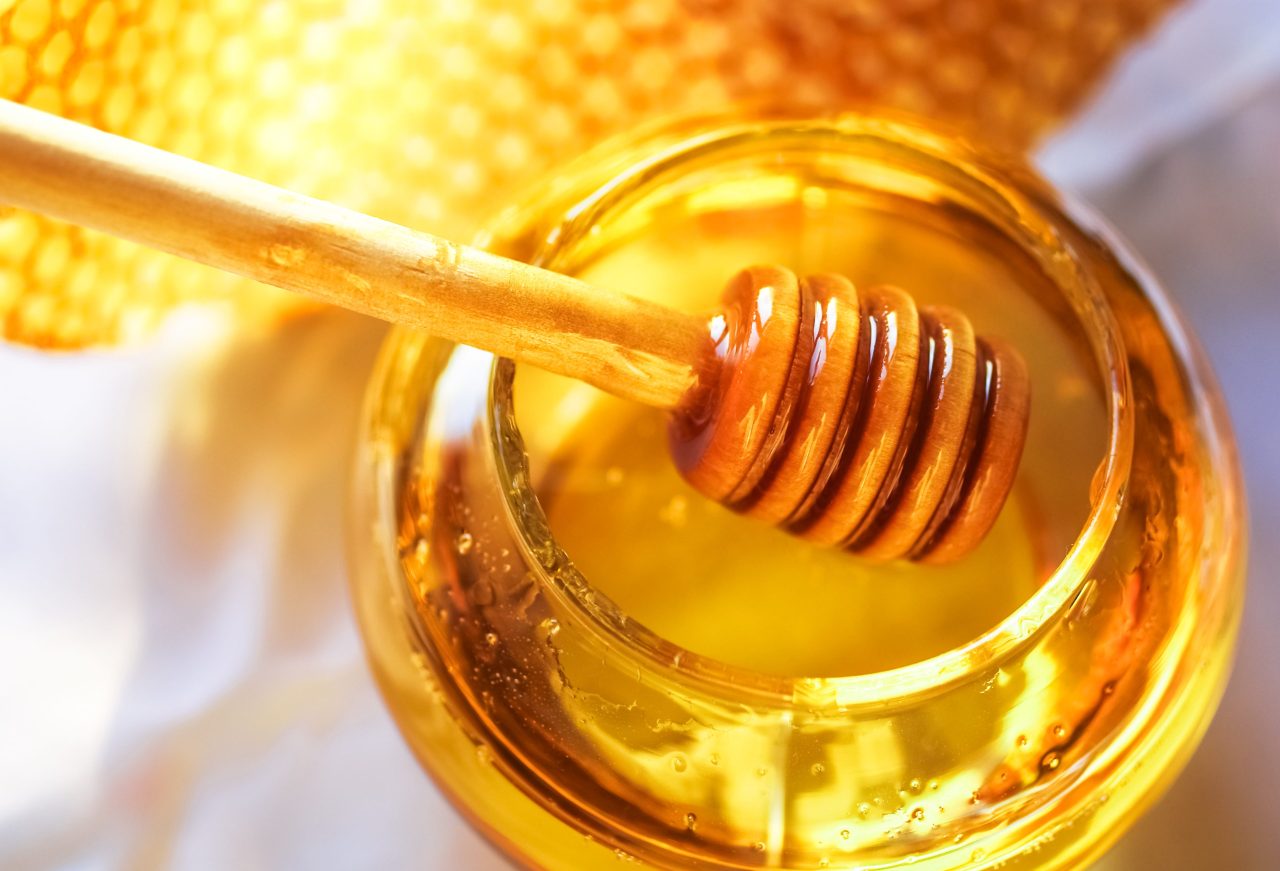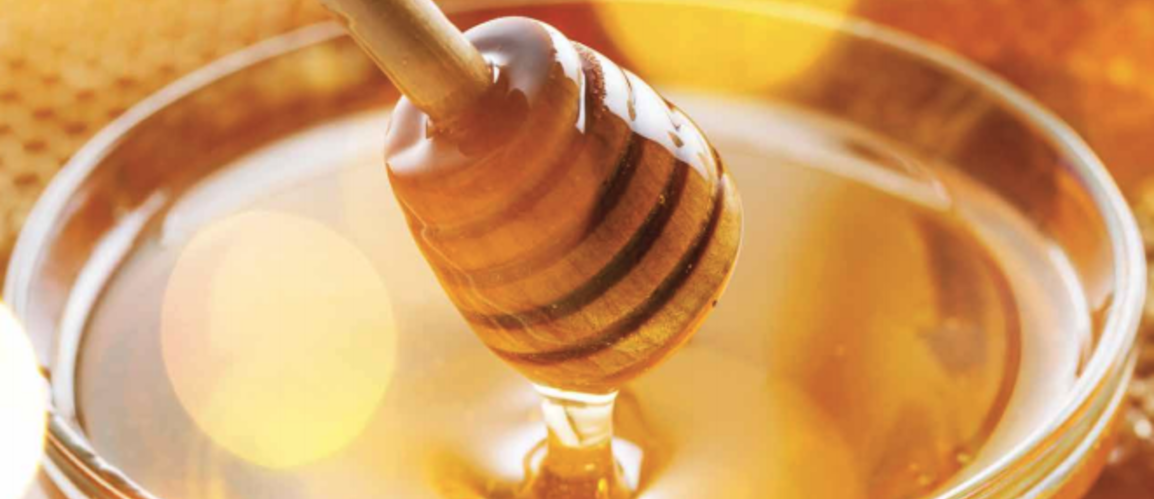

Honey-Profiling (NMR)
Strengthen your brand’s image and ensure your product’s quality with NMR-based Honey-Profiling from Bruker.
Origin and authenticity of food products are gaining more and more attention, with consumers demanding more information about where their honey comes from. As a high value product used in food, medicine, and cosmetics, honey is particularly vulnerable to adulteration. Honey fraud has devastating economic consequences for beekeepers producing authentic honey, as it is responsible for the fall in global raw honey prices, while costs of production have substantially increased. A declining beekeeping industry is also potentially a huge threat to global food security, as bees are essential pollinators. Methods of honey adulteration are complex and constantly evolving. Honey must be routinely tested at different stages of the supply chain in order to ensure quality and verify that the product is authentic.
This requires the use of advanced analytical methods that are not easy to counterfeit. As a response, more and more beekeepers and honey packers around the world are adopting the NMR-based Honey-Profiling method in order to strengthen their premium brand image by selling honeys tested by nuclear magnetic resonance (NMR). This process protects stakeholders, builds trust between producers and wholesalers, and helps maintain consumer confidence in brands. NMR is also recognized as a powerful method by government agencies, in the global fight against food fraud and unfair competition.
Frequently asked questions about honey profiling
Info Presentation
Statements of our Customers
Features
High Resolution 1H-NMR (Proton Nuclear Magnetic Resonance) spectroscopy is based on the analysis of the so-called chemical fingerprint of honey, which is unique to each batch.
Connected to a global database of honey samples, this technology reliably detects purity issues and furthermore, false declarations of country of origin and botanical variety .
Bruker’s Honey-Profiling database features roughly 28,500 reference samples from a broad range of honeys. There are more than 50 countries, 100 monofloral honey types as well as a multitude of different polyfloral mixtures plus different seasons, production years, blends and production methods all represented in the database. This in turn strengthens the overall power and reliability of the NMR-profiling method.
Honey-Profiling 3.1 Includes:
- Detection of exogeneous sugars
- Verification of country of origin
- Verification of botanical variety
- Analysis of composition and freshness
- Detection of atypical samples
- EU regulation and Codex Alimentarius compliance check for HMF, Sucrose and Glucose and Fructose
NMR solutions :
The Honey-Profiling method is available on Bruker’s FoodScreener Essential Honey, a cost-effective system dedicated to beekeepers, honey packers and honey associations (dedicated to honey analysis only). It is also compatible, with the versatile NMR FoodScreener™ platform, which also supports Bruker’s Wine-Profiling™ and Juice-Profiling™ methods.
| FoodScreenerTM | FoodScreener Essential Honey | |
| Market Segments |
|
|
| Food-Screening Applications | Compatible with:
| Solely Honey-Profiling |
| Versatility | Various configurations available for additional applications (e.g. SNIF-NMR analysis, other probeheads, analysis of semi-solid products) | Fixed configuration. |
| Automation |
|
|
Benefits
Why choose NMR Honey-ProfilingTM Method in your daily routine ?
- Adopted by governmental agencies in many countries
- Recommended by the International Federation of Beekeepers’ Associations APIMONDIA*
- Best proven method for detection of adulteration with sugar syrups, with highest detection rates
- Added value, with the verification of country of origin and botanical variety
- Reliability, with the largest and most comprehensive database of honey
- Timesaving: authenticity and quality results within 20 minutes
- Convenient and fully automated solution
- Easy to use, no NMR expertise needed
- ISO17025 accreditation (Bruker BAS laboratory)
- Join a global network of honey experts
Events
LabScape
Service & Life Cycle Support for Magnetic Resonance and Preclinical Imaging
Bruker’s commitment to provide customers with unparalleled help throughout the buying cycle, from initial inquiry to evaluation, installation, and the lifetime of the instrument is now characterized by the LabScape service concept.
LabScape Maintenance Agreements, On-Site On-Demand and Enhance Your Lab are designed to offer a new approach to maintenance and service for the modern laboratory
